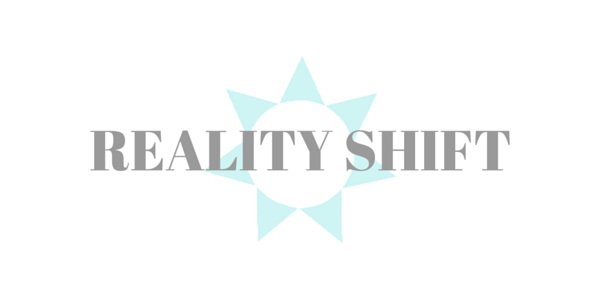Questions and Answers About Counselling
Q. What is the difference between counselling and psychotherapy?
A. The term ‘counselling’ is often used to refer to shorter term therapy, or therapy around specific issues that are happening right now, such as problems at work, loss, or redundancy. On the other hand, ‘psychotherapy’ can refer to longer-term and more exploratory work, dealing with deep-seated or long-standing issues, the past and a more in-depth understanding of yourself.
There are also differences in the use of these terms, depending what ‘model’ or approach is being used for the counselling.
In brief, I am trained to work in both ways – seeing clients for shorter ‘counselling’ work and also for longer ‘therapeutic’ work.
What happens in a counselling session?
A. Counselling is two people in a quiet room, talking. It’s relaxed and informal.
It sounds simple, but counselling is a powerful process. It’s focussed on you, your thoughts and feelings, hopes and dreams, your past and how things are for you now. The focus may feel strange at first, but it’s important for me that you don’t feel embarrassed or ‘on the spot’. I will do my best to put you at your ease.
Counselling often deals with difficult issues, but can also be fascinating. You may be nervous about coming and certainly it is a big step in helping yourself. But how ‘deep’ you go is up to you. Very difficult experiences are only talked about when you are ready.
Q. Is having counselling self-indulgent?
A. Therapy can be interesting and even enjoyable but it’s sometimes hard and often intense. It is a way of doing something to help yourself. We could say not doing anything is more self-indulgent.
Q. How long is each session?
A. Sessions usually last 50 minutes.
Q. How often do sessions take place?
A. Ideally, you will have your counselling or psychotherapy session once a week at the same time. This is because the frequency and regularity of the sessions contributes to their effectiveness. However, this isn’t always possible in practice if you have a very busy schedule. It’s also fine to be flexible and sometimes I see clients once a fortnight.
Q. Isn’t counselling expensive?
A. While the cost of counselling is obviously as issue, it’s always your choice to come, because you find it useful. In a sense, the aim of counselling is to make me redundant!
Counselling costs £75 per session, which covers my fee, room hire, my supervision, CPD and training, my membership of professional bodies and my insurance, all of which are necessary to make sure you receive a professional service.
Q. Do you offer reductions?
A. I have limited hours each week which I give to low-waged or unemployed clients at a reduced rate. Please contact me for details. If you cannot afford to pay at all, you can contact your doctor, who may be able to arrange free short-term counselling.
Q. How long will it take?
A. As little as one or two sessions can be beneficial. In our first session we usually agree to meet for a particular number of sessions, though if you prefer we can have an open-ended arrangement.
Often, counselling clients choose to come for an initial ‘course’ of 6 sessions. After that we take stock and you can have a further ‘course’ if that is what you want.
Many clients come for a few months in total, which is all they need and want. At the other end of the scale, I see some clients for a couple of years, which is good for deeper exploration or on-going support.
It’s also usual for clients who like counselling with me, to come back, as and when they feel the need.
Q. Will I have to lie on a couch?
A. No. We both sit upright.
Q. Is counselling like seeing the doctor?
A. No. I won’t treat you as a patient or a number. My approach is called ‘person-centred’ which means you are considered the expert in your life, and I am there to help you find the answers which are within you.
Q. What guidelines do you follow?
A. I am a member of the British Association for Counselling and Psychotherapy (BACP) and I follow their Ethical Framework. This is to make sure you get the best possible help for your problems.
Q. What is your training?
A. I have various qualifications including a post-graduate Diploma in Therapeutic Counselling, a Certificate in Online Counselling, an Advanced Certificate in Coaching and an MA from Oxford. Please see my About Me page for further details.
